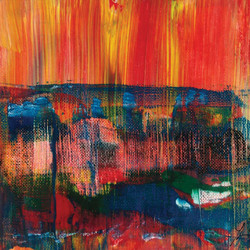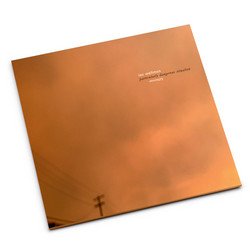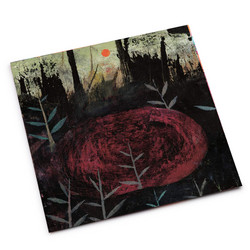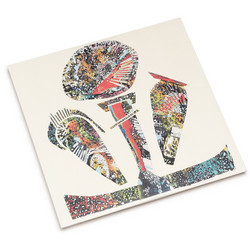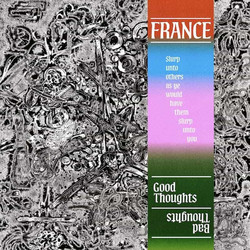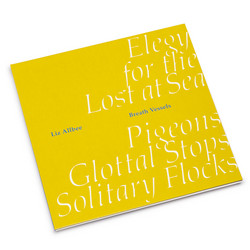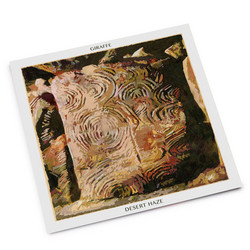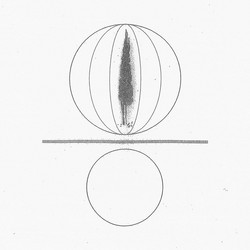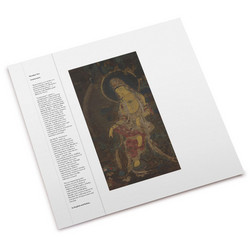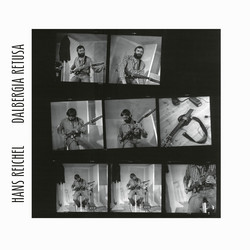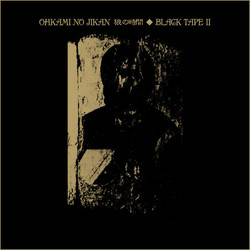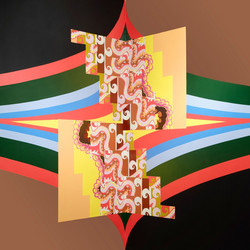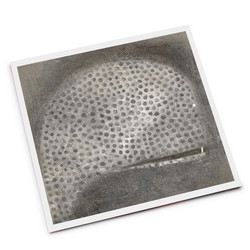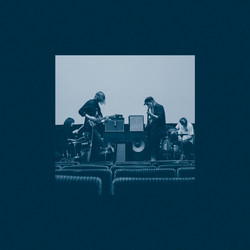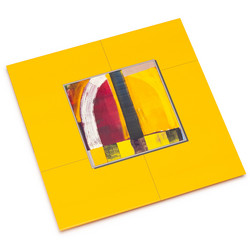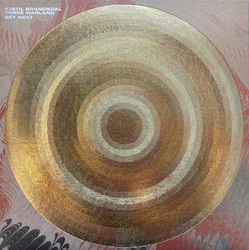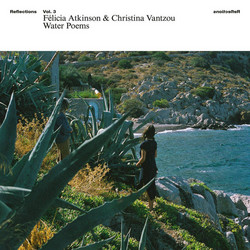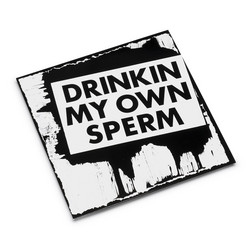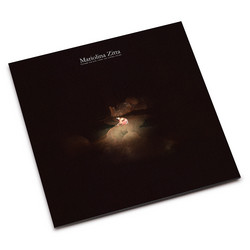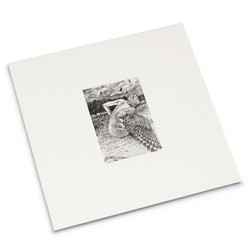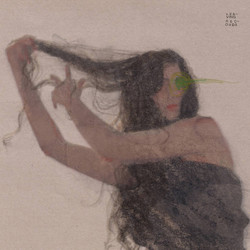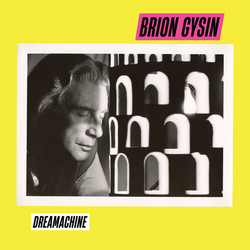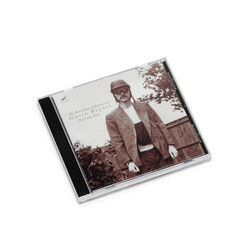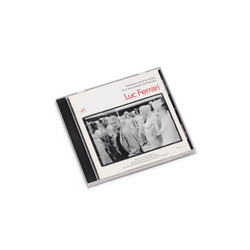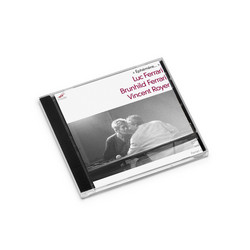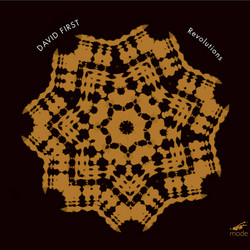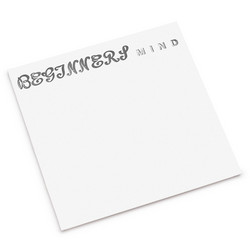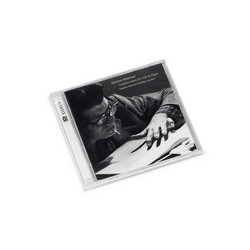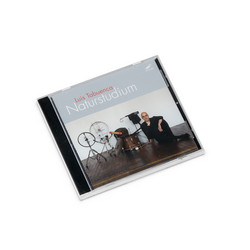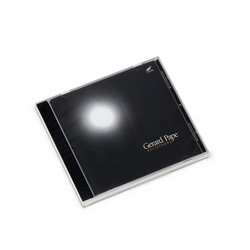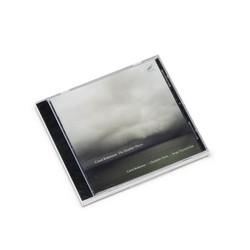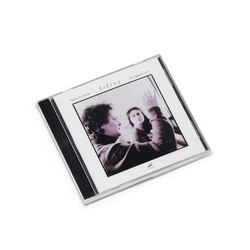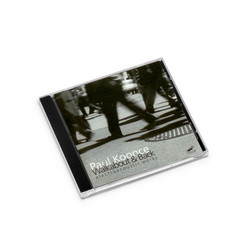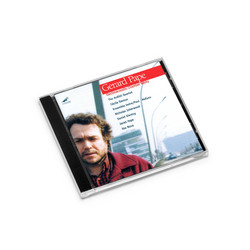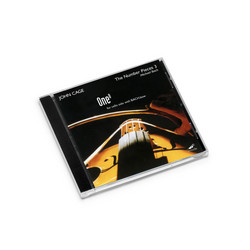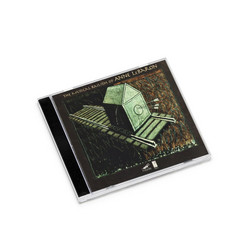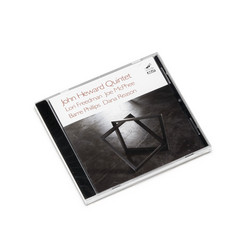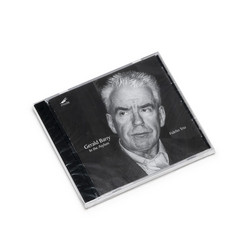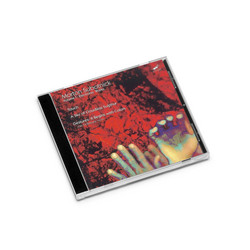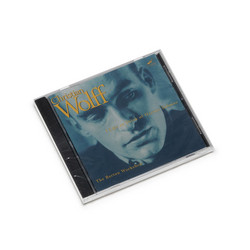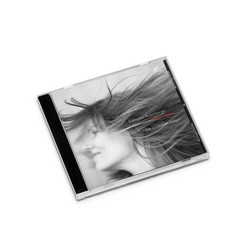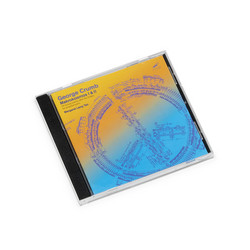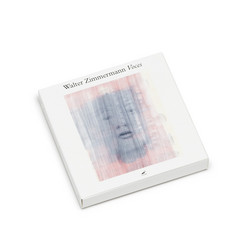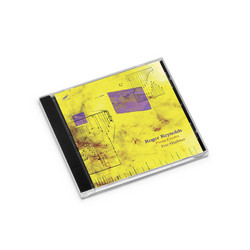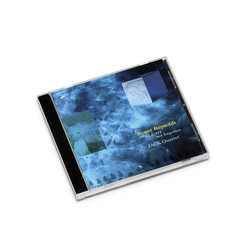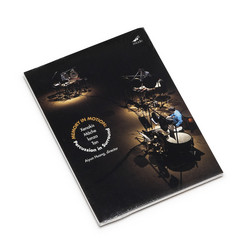Australian composer Thomas Meadowcroft grew up at a time when Australians viewed their physical distance to supposed cultural roots as immense whether to the high culture of Europe or the popular culture of the U.S.. Meadowcroft has embraced this critically and made it the focus of his work. Instead of looking for ways to join other musical traditions and histories, his music takes the Australian experience of distance as its central subject matter.
Part of it is the exploration or evocation of feelings of alienation, the lack of context and the falling short. In these pieces this means the use of junk and the embrace of instruments of middle class domestic music making mostly excluded from art music by definition: electric organs, drum machines, plastic recorders, worn out tapes, etc. Instruments that not only have strong attachments to place and function, but which also tend to enact some kind of musical rationalization to work. The cheap drum machines in Thomas’ work are not manipulated or transformed; they need to play their patterns for you to know what they are.
In Home Organs the piece evokes the scene of utilitarian everyday music making with its collisions of preset patterns, mistakes, sentimental memory and just out of reach desire.
Cradles is a lullaby, to help put treasured analogue musical equipment to bed. The work takes its inspiration from the sensuous, tactile relationship between a performer and their instrument. While the Wurlitzer piano tries to channel a kind of refraction of an Air Supply intro that wasn’t, the percussionists are left trying to manually draw out the memories stored on the tape. Neither succeeds, but the result is both affecting and unsettling in its embrace of the mechanisms of nostalgia.
In Plain Moving Landfill, the instruments begin seeming as if they are a selection of junk that’s just lying around, but then cohere into an assemblage of rubbish that almost gets away from the performer and the composer. Eventually the materials assert some of their story and then collectively fall back into the garbage heap. The construction of the work can’t be enough to hold it in place.
The Great Knot continues the method of Plain Moving Landfill but goes further by explicitly summoning the narrative of distance. The quixotic migration of the bird that gives the piece its name is embodied in the deliberate attempts to create a new musical structure from a selection of singularly in-apt materials, which can’t but revert to their own pasts: amateur recorder playing, tinny drum machines that won’t stop.
Speak Percussion has shaped the sound of 21st century Australian percussion music through the creation and presentation of ambitious arts projects. Lauded as a leader in the fields of experimental and contemporary classical music, Speak has been redefining percussion through a multi-disciplinary and post-instrument-practice.
